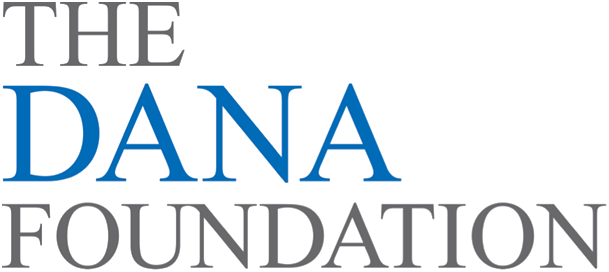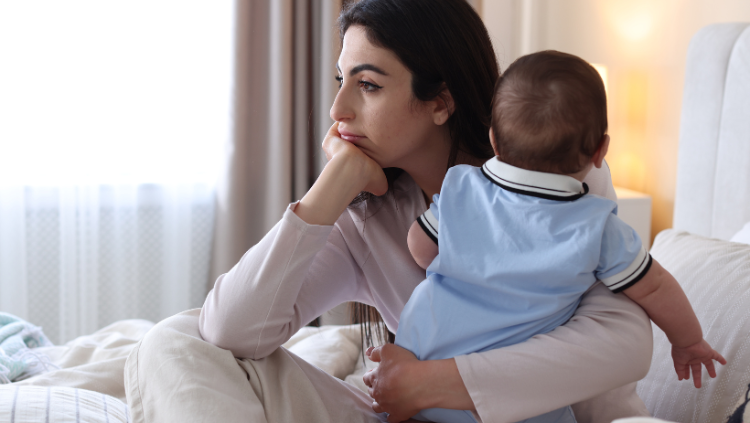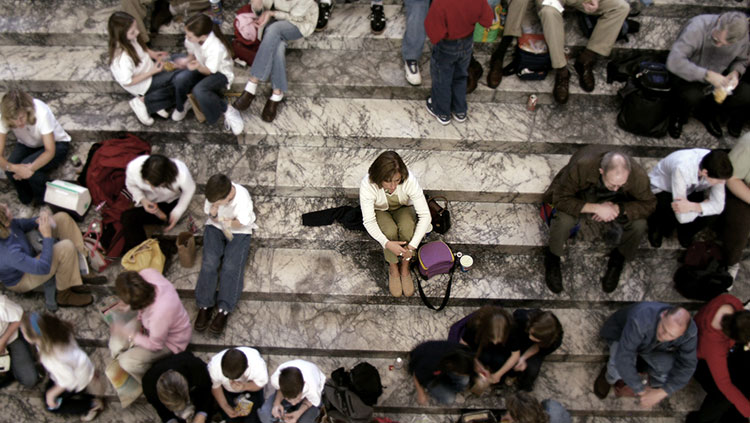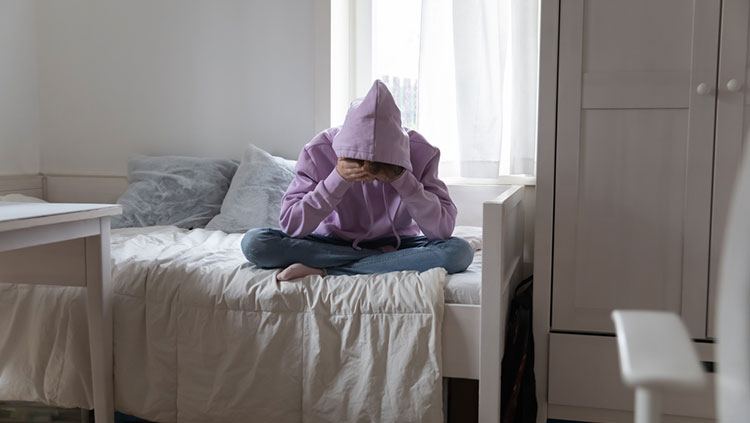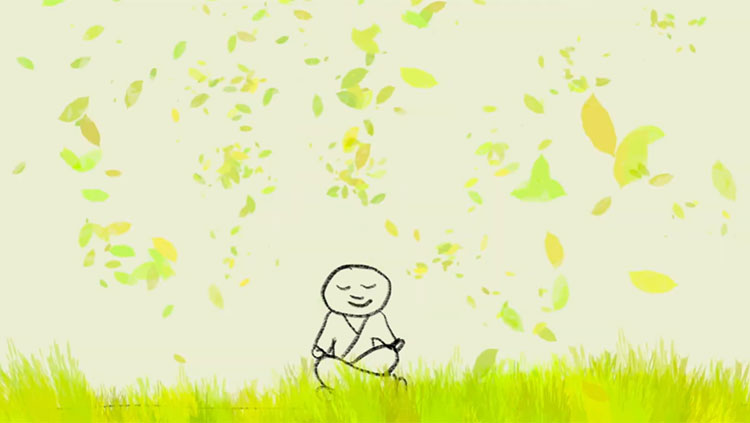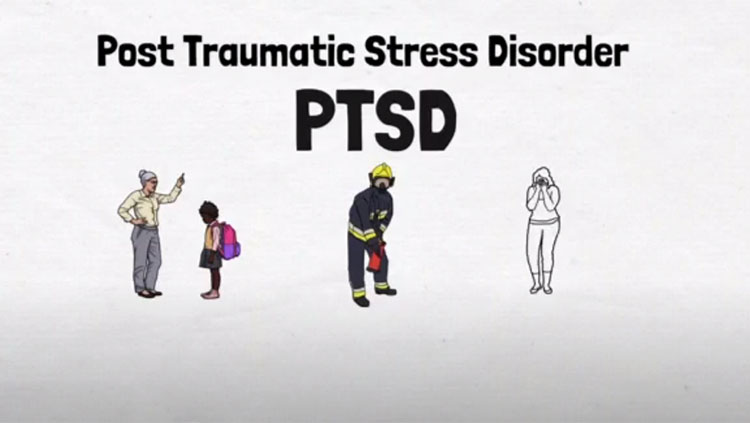Depression, the Placebo Effect, and the Brain
- Published31 May 2016
- Reviewed31 May 2016
- Source The Dana Foundation
What is the best way to treat depression? It’s a complicated—and long debated—question in the neuroscience and psychiatric communities. Today, the go-to treatment in the US and Europe is an antidepressant medication such as a selective serotonin reuptake inhibitor (SSRI) or tricyclic. But do these compounds really ease depression’s debilitating symptoms, or are people simply getting better thanks to the placebo effects surrounding treatment?
A 2008 meta-analysis looking at the efficacy of antidepressant medication versus placebo concluded there was little difference in efficacy because of the heightened placebo response. James Kennedy, researcher at the Centre for Addiction and Mental Health at the University of Toronto, says that placebo effects have gotten in the way of many drug development efforts.
“We see a very high placebo response in clinical trials of new antidepressant and antipsychotic drugs,” he says. “We really need new drugs for conditions like schizophrenia. But a lot of drugs that may actually help people don’t get approved because the placebo response is so high. It’s a real challenge.”
A new study out of the University of Michigan is offering new insights—showing that placebos activate the brain’s mu-opioid system, which can result in a natural boost in antidepressant effect for some patients with major depressive disorder. This finding may help with future drug discovery and development.
The power of placebo
Doctors have known for decades that sugar pills and men in white lab coats can have unexpected therapeutic effects on a variety of different diseases and conditions. This so-called placebo effect, defined as a beneficial effect produced by a sham drug or treatment, had long been recognized by clinicians and is often chalked up to the simple power of suggestion. Research over the past few decades has shown that placebos encourage the brain to release natural chemicals and actually change brain activity in ways that mimic the effects of medications and other therapies.
Jon-Kar Zubieta, a psychiatrist now at the University of Utah, says that much of the work in placebo effects has been done with analgesia (to reduce pain), but research looking at depression has also shown high placebo responses.
“Depression is a chronic illness, and it can often be very hard to treat. Clinical studies testing a new antidepressant drug have shown that placebo responses are quite high, about 45 percent in clinical trial. Nobody really understood why that would be the case,” he says. “Our work in pain and placebo showed that the endogenous opioid system, a system that helps regulate the stress response and emotional regulation, is important for placebo. It’s also dysregulated in depression, so it was logical to look at this system as a potential place that drives the formation of placebo effects in patients diagnosed with major depressive disorder.”
To that end, Zubieta and his colleagues at University of Michigan used positron emission tomography (PET) to measure mu-opioid receptor activity in the brains of 35 people with major depressive disorder. Some of the volunteers took an oral placebo that researchers told them had active antidepressant effects, while others took one said to have no effects; a week later, each underwent a scan. The next week, the volunteers took the opposite pill, and again were scanned. During the “active week” scan, researchers injected salt water (another placebo) intravenously during the scan, saying “the compound” might be associated with activating systems that lifted mood. Each patient was then given a 10-week treatment with a real antidepressant medication, and scanned again. The researchers found that higher mu-opioid receptor activity in areas of the brain like the subgenual anterior cingulate cortex, nucleus accumbens, and amygdala was linked to reduction in depressive symptoms after one week of active placebo treatment. These areas are all implicated in emotion, stress regulation, and depression.
“When you introduce the placebo in the scanner, individuals who are able to release more of these endogenous opioids in response to placebo showed more improvement. They were also the ones who improved the most with antidepressant treatment later,” says Zubieta. “And the effect was substantial. 43 percent of the variance accounting for antidepressant response was due to these mechanisms. Which suggests that the capacity for an individual to release these endogenous opioids when they receive any substance is related to improving their state.”
Thoughts for treatment
Zubieta says these findings have profound implications for the way we treat depression—and perhaps even other neuropsychiatric disorders in the future.
“There are probably two things going on here. First, you have the expectation that a therapy will work and that translates directly into the activation of these endogenous opioids. In addition, you also have the effect of the drug,” he says. “So these two things going on simultaneously which explains why, for less-severely depressed patients, you actually do have a variation of the placebo effect that obscures the effect of the active drug.”
Kennedy says that clinical trials for schizophrenia drugs also show evidence of placebos obscuring the results. This does not surprise Zubieta—he thinks we may be seeing similar effects in illnesses that also have a dysregulation in the brain’s stress mechanisms, such as anxiety disorders, PTSD, and perhaps even substance abuse. More work needs to be done in order to understand these mechanisms.
Tor Wager, director of the cognitive and affective neuroscience laboratory at the University of Colorado, Boulder, agrees and hopes to see a lot more basic science research into both placebo and medication effects in the brain to help determine which therapies are truly effective.
“This paper is really important from a placebo perspective because, although there’s been a lot of thought about the large placebo responses we see in clinical trials, this is one of the first experimental demonstrations that a placebo can cause a change in the brain systems implicated in depression,” he says. “But before we can understand how this might change the way we think about drugs and clinical trials and treatment, we really need to understand what the system is doing—what’s gone wrong, so to speak—when a person is depressed, because the depression is likely a dysregulation of some complex interactions in multiple brain systems. So we need to do some really serious science to better understand what’s happening to create the disorder and then what’s changing in that system when you take a drug or a placebo. Then maybe we can work within the natural parameters of what the brain does on the daily basis to really produce an important effect in the brain and help people with these disorders feel better.”
- By Kayt SukelCONTENT PROVIDED BY
The Dana Foundation is a private philanthropic organization that supports brain research through grants and educates the public about the successes and potential of brain research.
Also In Mental Health
Trending
Popular articles on BrainFacts.org


